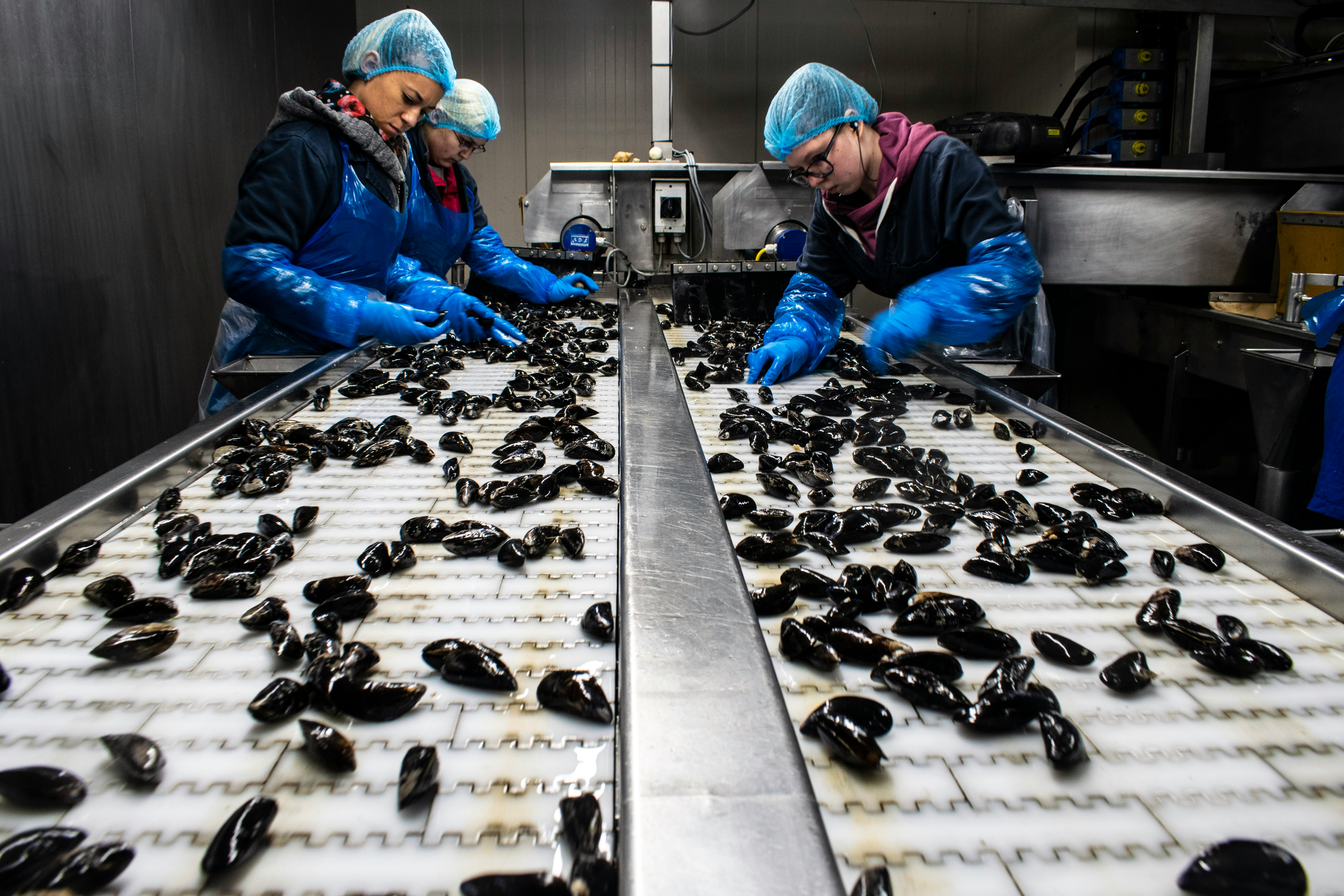The Essential FSMA Compliance Checklist for Food Manufacturers

In the United States, food businesses must register with the Food and Drug Administration (FDA) and follow the guidelines set by the Food Safety Modernization Act (FSMA), with a few exceptions. These requirements ensure consistent food quality, effectively preventing contamination along the supply chain and within the products that make it to market.
In this article, we’ll explain industry compliance standards and the food safety procedures necessary for businesses to pass federally-regulated inspections.
Why FSMA compliance matters
Put simply, complying with FSMA ensures that your business meets the crucial health standards outlined by the FDA, which, in turn, ensures that your products reach the market without any issues. Regulatory compliance helps prevent foodborne illnesses and can assist with responding to outbreaks when they do arise.
Failing to adhere to regulations not only creates the risk of product recalls, fines, lawsuits, and company shutdowns for businesses, but the outbreaks they cause can have a highly negative impact on public health. This, in consequence, affects the overall economy of the United States and other international supply chains.
FSMA therefore works as a method of risk management that helps your business manage health hazards, meet quality standards, and maintain trust with the public. Compliance prevents product call backs associated with contamination and disease, and protects human health through adherence to stringent food safety measures.
Modern technology has made strides to help with compliance, particularly in traceability.
What FSMA compliance consists of
Let’s discuss what businesses need to consider when it comes to FSMA compliance.
Production and handling safety
For consistency and safety, produce supply chain partners must follow standard harvest, growing, packing, and delivery practices.
Growers must take measures to safeguard their crops from diseases and contamination. This involves regularly examining areas where products are grown, implementing water quality testing systems, monitoring the application of raw manure, and training employees in health and hygiene standards.
Preventive Controls for Animal Food
For farmers who grow crops for livestock, certain preventive controls for animal food have been outlined by the FDA.
These controls involve compliance with Current Good Manufacturing Practices (CGMP) in facilities and the manufacturing process, which can include:
- The monitoring of the use of high-quality raw materials
- The implementation of quality assurance management systems
- Adherence to robust operating procedures
- The investigation of product variations
- The maintenance of testing laboratories
Sanitary transportation
Adequate temperature, circulation, sanitation, packaging, and labeling are all important to preserving food during transportation.
FSMA requires that food shippers, loaders, and receivers take appropriate measures to transport food safely during each step of the supply chain.
Foreign Supplier Verification Programs (FSVP)
FSVP deals specifically with the safety of imported food, placing responsibility on businesses to verify that their foreign suppliers meet certain food safety standards.
In the context of produce production, FSVP becomes even more critical due to the specific risks and challenges associated with fruits and vegetables.
Accreditation of third-party auditors
Third-party food safety audits are a key component of FSMA, as these consultative and regulatory audits help guarantee that businesses are following legislation as intended.
Businesses that pass an audit receive professional certification and accreditation that shows compliance.
Checklist for FSMA compliance
Here’s a checklist to help you ensure your business stays compliant according to the FDA’s standards.
For more information on compliance, check out Silo’s guide on complying with the FSMA Produce Safety Rule.
Food safety plan
Prepare the following documents to demonstrate that your business is following regulatory manufacturing, production, and packing standards:
- Preventive controls
- Analyses of existing hazards
- Monitoring systems in place
- Correctional action policies
- Verification and validation processes
Training
You must provide training and opportunities for skill development so that workers understand and are able to comply with your company’s food safety plan.
A necessary component of training is implementing roles that verify, validate, and correct any and all rules according to FSMA.
Hazard analysis procedures
There can and will be potential hazards that risk damaging the quality of your food.
Look out for the following:
- Physical risks
- Biological risks
- Chemical risks
- Radiological risks
- Pesticides
- Toxins
- Parasites
- Residue from drugs
- Decomposition
- Food coloring
- Allergens
- Unintentionally introduced hazards
Ensure compliance with Silo
Need help with ensuring compliance? Consider making use of automated systems like Silo. At Silo, we recognize the paramount importance of compliance, which is why we've crafted intuitive, user-friendly solutions to aid your business in surpassing FSMA requirements. Our platform isn't just about streamlining processes—it's about empowering you to confidently navigate the intricacies of regulatory compliance.
Whether you're a seasoned industry veteran or a newcomer to the food manufacturing world, Silo stands ready to support you at every turn. With Silo as your ally, you're not just meeting FSMA standards; you're thriving in an environment of safety and innovation.
Moreover, Silo goes beyond mere compliance—it enhances your overall business performance. Our real-time data insights provide your team with the tools to make informed decisions, whether it's reducing losses, maximizing revenue, or uncovering new opportunities. With Silo, your business doesn't just meet regulations; it excels, driving growth and sustainability in today's dynamic marketplace.
For more information, book a demo today!
Want to book a demo with us?
Add your info and we’ll get one scheduled with you.